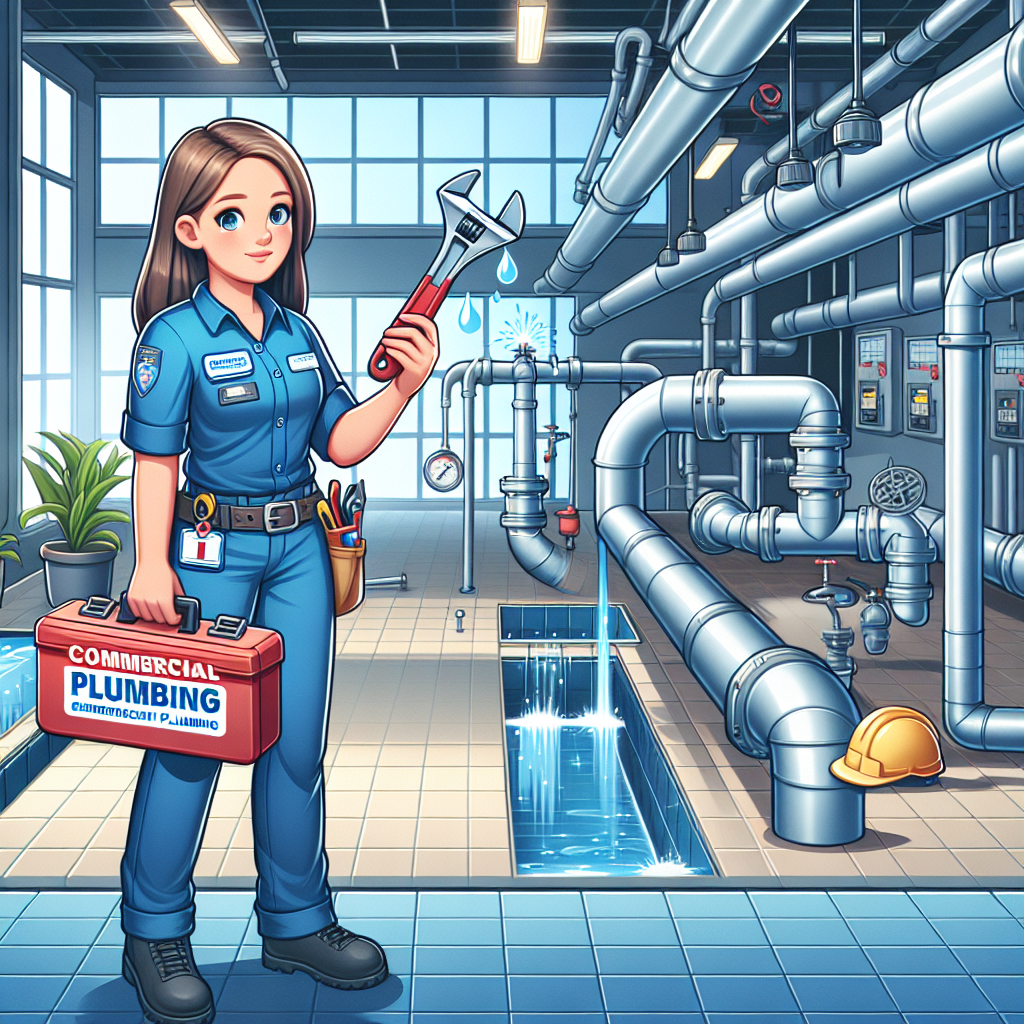When it comes to running a business, emergencies can strike at any time—and plumbing problems are among the most common and disruptive challenges. Whether it’s a burst pipe, a clogged drain, or a malfunctioning toilet, knowing how to handle plumbing emergencies efficiently can save you time, money, and stress. In this comprehensive guide, we’ll explore what you need to do when faced with urgent plumbing issues, emphasizing proactive measures, immediate actions, and preventive strategies.
Understanding Common Plumbing Emergencies
Before diving into the action steps, it’s essential to recognize the most widespread plumbing emergencies you might encounter in a commercial setting:
- Leaking Pipes: A small leak can escalate into a significant problem if left unaddressed.
- Clogged Drains: Blocked toilets or sinks can halt daily operations and disrupt customer service.
- Sewer Backups: This severe issue can lead to health hazards and property damage.
- Water Heater Failures: A lack of hot water can affect employee comfort and productivity.
- Burst Pipes: Sudden bursts can lead to flooding and require immediate attention.
Being aware of these challenges will prepare you for swift decision-making when they arise.
Immediate Steps to Take in a Plumbing Emergency
1. Assess the Situation
When you detect a plumbing issue, take a moment to assess the severity. Is it a minor leak, or is water gushing uncontrollably? Understanding the situation helps you determine the urgency and the next steps.
2. Shut Off the Water Supply
For most emergencies, especially with a burst pipe or leak, shutting off the water supply is the safest first step. Locate the main water valve—typically found near the water meter or where the main line enters your building—and turn it off to prevent further damage.
3. Contain the Damage
If possible, contain the leak to prevent water from spreading. Use buckets, towels, or other materials to catch and absorb water. This not only minimizes damage but also provides a safer environment for your employees and customers.
4. Call a Professional Plumber
Some plumbing issues require immediate professional assistance. Keep the contact information of a reliable local plumber readily available. Your commercial plumbing service should have experience with emergencies and respond promptly, as they can assess the situation and recommend solutions.
Preventive Measures to Minimize Plumbing Emergencies
While emergencies can’t always be avoided, implementing preventive measures can significantly reduce their frequency and severity. Here are some best practices:
1. Regular Maintenance
Schedule routine inspections by a qualified plumber to identify potential problems before they escalate. Regular maintenance can help keep your plumbing system in top condition, saving you money in the long run.
2. Train Employees
Ensure that your employees know how to recognize common plumbing problems and what immediate steps to take. Providing training on how to shut off water valves and contain leaks can be invaluable.
3. Upgrade Plumbing Fixtures
Consider replacing old plumbing fixtures with modern, reliable versions. Older pipes and fixtures are more prone to leaks and clogs. Investing in quality plumbing systems will enhance efficiency and minimize emergency occurrences.
4. Install a Backwater Valve
If your establishment is prone to sewer backups, installing a backwater valve can serve as a barrier, preventing sewage from entering your building during heavy rains or system overloads.
Additional Tips for Handling Plumbing Emergencies
Be Prepared with an Emergency Kit
Having a well-stocked emergency kit that includes items like leak repair tape, a basic toolset, and towels can help you respond quickly to minor issues while waiting for professional help.
Document the Incident
Take photos and notes about the plumbing issue as soon as it’s detected. Documenting the incident can be beneficial for insurance claims and monitoring repairs.
Communicate with Employees and Customers
In the event of a plumbing emergency, keeping your employees and customers informed is crucial. Clear communication not only helps manage expectations but also reassures everyone involved.
Conclusion
Dealing with plumbing emergencies in a commercial setting requires swift action and a calm approach. By understanding common issues, knowing how to respond, and taking preventive measures, you can effectively manage potential disasters and minimize disruption to your business. Remember, having a trusted commercial plumber on speed dial can alleviate much of the stress associated with plumbing emergencies, allowing you to focus on what matters most—running your business smoothly.
Stay Proactive and Prepared
Regardless of your plumbing setup, staying proactive and prepared is your best defense against emergencies. Implement these strategies today and create a safer, more reliable environment for your employees and customers alike.


